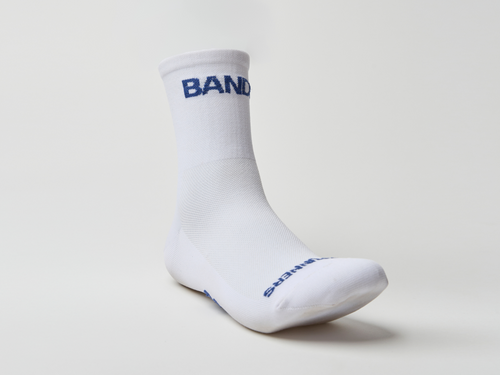With registration for the BKLYN MILE (Bandit Men's and Women's Opens) going live Friday at noon, its officially that time of year where you try to figure out how to crush 1600m without tampering with your marathon training plans. It makes sense in theory—two completely different distances, you can't possibly train for both. Bandit resident Coach Steve Finley explains why that's not necessarily true and the various contributions mile training has on your marathon plans.
-
Speed Development: Incorporating mile-specific training (speed work and interval training), will help increase your overall pace in the marathon, obviously bringing down your time. Practicing faster running with the intensity of mile training can also enhance your running form and efficiency, making you a more effective marathoner.
-
Building Mental Resilience: The mile is a difficult distance to master; it requires a unique blend of speed and endurance that pushes runners to their limits. Training for this intensity helps build mental toughness, which is essential in the later stages of a marathon when physical fatigue sets in and mental fortitude becomes the key to push forward.
-
Improving Lactate Threshold: Mile training involves high-intensity workouts, which are effective in increasing your lactate threshold - the exercise intensity at which lactic acid starts to accumulate in the blood. A higher lactate threshold means that you can run at a faster pace for longer before fatigue sets in, which is crucial for marathon running.
-
Enhancing Recovery: Mile repeats with recovery periods train your body to recover more quickly from bursts of high-intensity effort. This can translate into more effective recovery during water stops or slower sections of a marathon, allowing you to maintain a faster overall pace.
-
Preventing Burnout: Adding variety to your training regimen can help prevent mental and physical burnout. If you're always running long, slow miles, it can become monotonous and your body may plateau. Mile training introduces new challenges and stimulates different physiological responses, which can rejuvenate your love for running and kickstart your progress.
Training for a mile race can bring significant benefits that ultimately aid your marathon performance. The speed, mental strength, higher lactate threshold, recovery ability, and the freshness of training variation can all contribute to a stronger and more successful marathon. As the saying goes, sometimes less is more.












